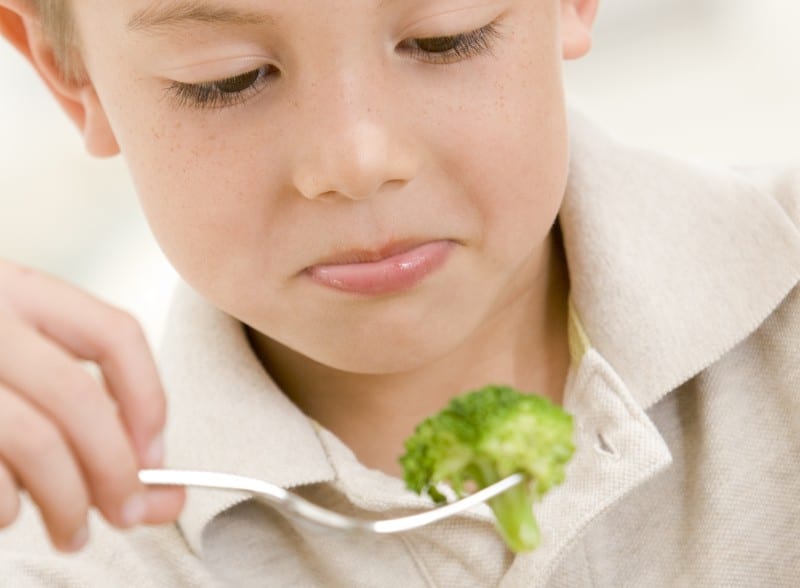
How to Help Fussy Eaters
Some children are fussy eaters. Expanding their palate can be extremely challenging and there are no ‘quick fix’ answers. We’ve teamed up with paediatric dietitian Anjanee Kohli to find out best practice when encouraging children to try new foods. She also gives some advice on when further help might be required.













